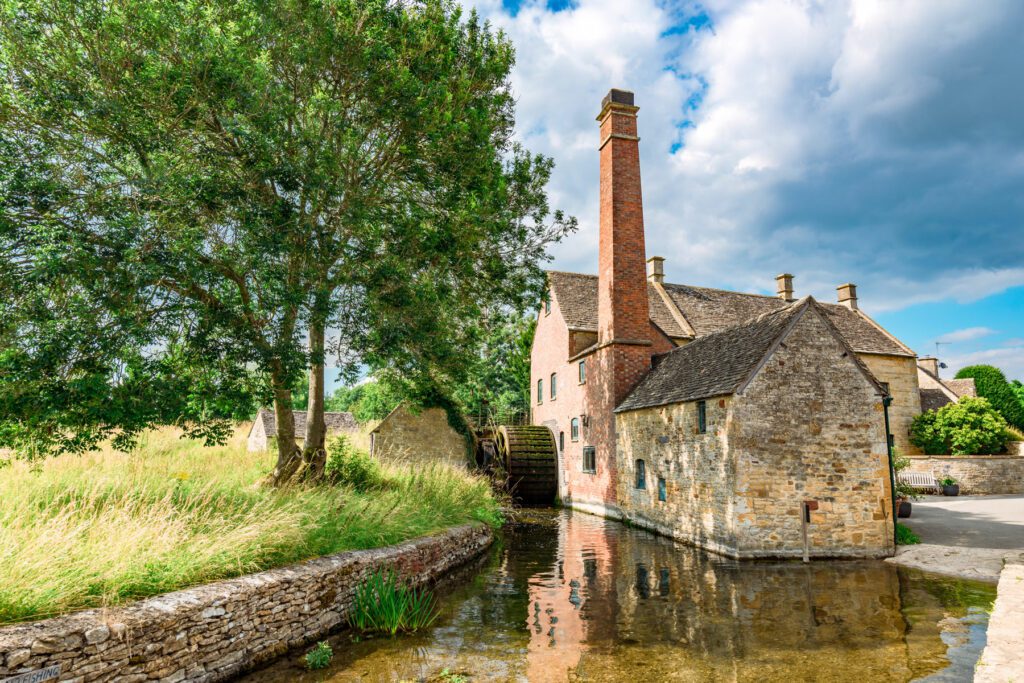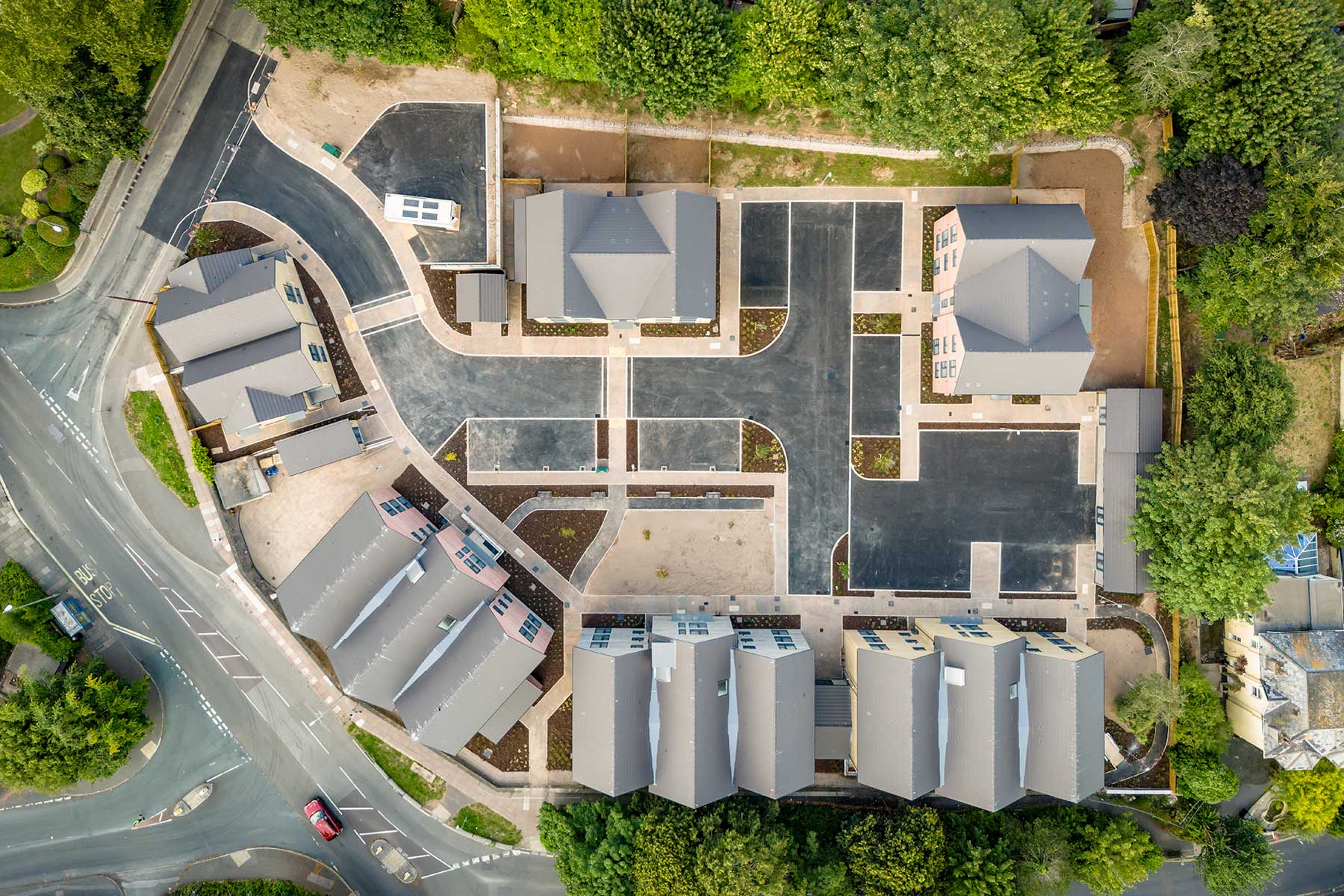A private water supply is simply one that is not provided by a water company. Although most properties are connected to a mains water supply, there are a number of rural properties – particularly in Cornwall and Devon – that rely on private water supplies sourced from wells, boreholes, springs or streams.
The water from the supply may serve a single property or be distributed to multiple properties through a network of pipes.
Buying a property with a private water supply can present unique challenges and considerations compared to one connected to mains water. There may be water quality issues and higher maintenance costs. Private supplies require ongoing maintenance and potential repairs to pipes, pumps, filters and treatment systems. These costs can be significant and unpredictable.
Regular testing is required, and it is recommended that private water supplies should be tested at least every five years (but the frequency depends on the type of supply and risk assessment). Private water supplies can be susceptible to contamination from various sources, including surface runoff, animal waste, deteriorating pipes, bacterial growth and other factors. Regular testing reduces the risk of contamination and helps identify whether treatment systems for filtration or disinfection are necessary.
If you are looking to purchase a property with a private water supply, there are several considerations to take into account:
- Owners of private water supplies are responsible for ensuring the water is safe and does not pose a risk to human health. The owner of the property to which the supply is connected is classed as the ‘relevant person’ under the Water Industry Act 1991, making them liable for ensuring the water supply meets required standards.
- The owner is responsible for maintaining the water supply system, including any treatment or disinfection equipment. They may also be liable for any illness or harm caused by the supply.
- If the water supply serves multiple properties or commercial premises, it may need to be registered with the Local Authority. It is advisable to check the Local Authority’s requirements when purchasing a property with a private supply to determine if registration is necessary.
- If the supply involves abstracting more than 20 cubic meters of water per day, an abstraction license may be required. Its validity and transferability should be verified when purchasing a property.
- Local authorities may conduct risk assessments and monitoring. They can issue notices to relevant persons to address insufficient or unwholesome water, and failure to comply can result in legal action.
- Ownership and legal rights to the water source can be complex, especially if the supply crosses multiple properties or involves agreements with adjoining owners. If the maintenance and repair of the supply is shared it is important that these arrangements are legally documented to avoid disputes.
Checklist to consider when buying a property with a private water supply:
- Identify the source of the water supply – is it a spring, borehole, well, stream or other source?
- Determine the location of the water supply – is this located within the boundaries of the Property? Is it shared with any other properties?
- Arrange a survey and inspection of the private water supply to ensure it is functioning efficiently.
- Appoint a solicitor experienced in rural property transactions and qualified to advise on the implications of purchasing a property with a private water supply. The solicitor should conduct a comprehensive review and raise targeted enquiries with the seller’s solicitors to confirm that the private water system has been properly operated, maintained, and tested according to regulatory standards. This should include a request for the most recent water quality test results, as well as full disclosure of any maintenance records, system specifications, and any known operational issues or non-compliances.
- Check with your mortgage broker or lender about their requirements for private water supplies. Most lenders will be satisfied provided there are sufficient rights.
The standards and requirements for drinking water are enacted in National Regulations. The Private Water Supplies Regulations 2016 (as amended) protects public health by ensuring that water supplies are safe to drink. The Water Industry Act 1991 defines the powers and responsibilities of local authorities in relation to private water supplies and the definition of a relevant person(s).




